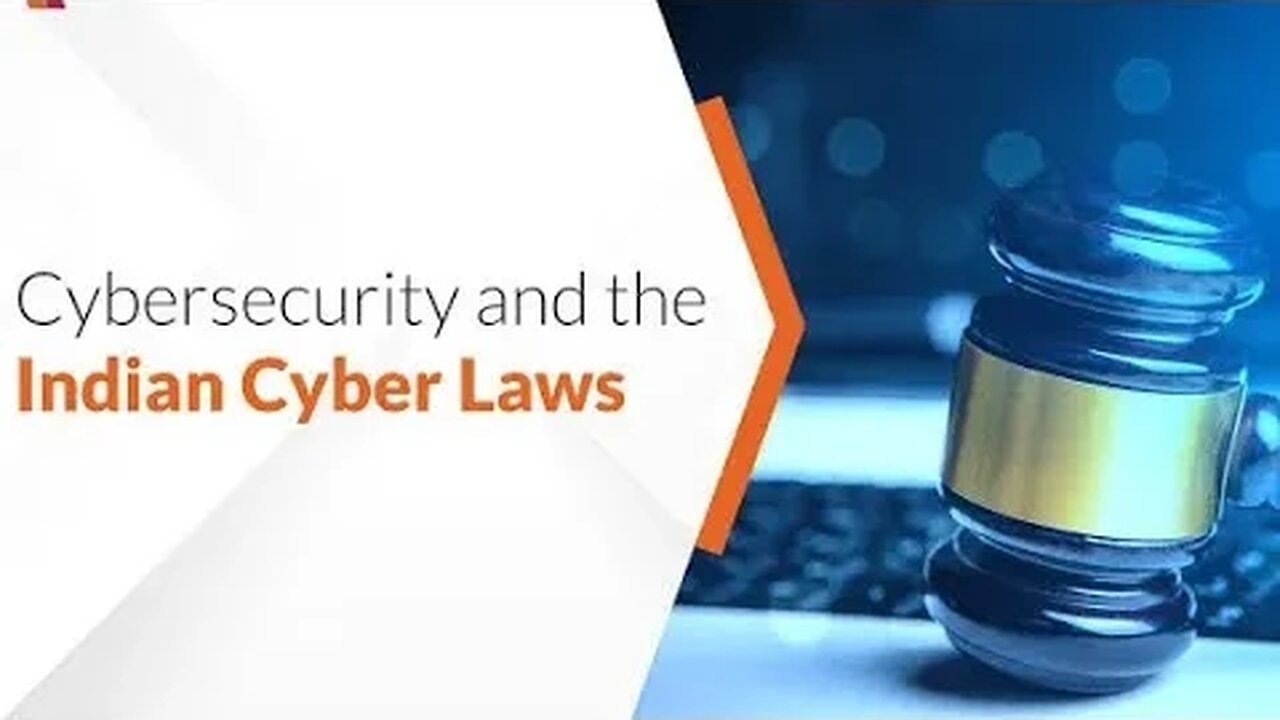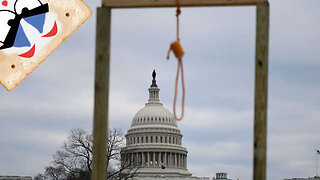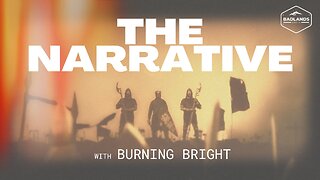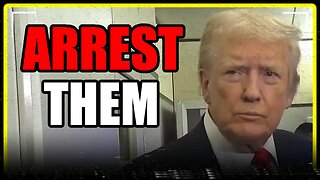Premium Only Content

The Information Technology Act, 2000 (also known as ITA-2000, or the IT Act) (: Cyber Crime Lows :)
The
CitationInformation Technology Act, 2000Enacted byParliament of IndiaEnacted9 June 2000Assented to9 June 2000Signed9 May 2000Commenced17 October 2000Introduced byPramod Mahajan
Minister of Communications and Information TechnologyAmended byIT (Amendment) Act 2008
The bill was passed in the budget session of 2000 and signed by President K. R. Narayanan on 9 May 2000. The bill was finalised by a group of officials headed by the Minister of Information Technology Pramod Mahajan
68Failure/refusal to comply with ordersImprisonment up to 2 years, or/and with fine up to ₹1,00,00069Failure/refusal to decrypt dataImprisonment up to seven years and possible fine.70Securing access or attempting to secure access to a protected systemImprisonment up to ten years, or/and with fine.71MisrepresentationImprisonment up to 2 years, or/and with fine up to ₹1,00,00072Breach of confidentiality and privacyImprisonment up to 2 years, or/and with fine up to ₹1,00,00072ADisclosure of information in breach of lawful contractImprisonment up to 3 years, or/and with fine up to ₹5,00,00073Publishing electronic signature certificate false in certain particularsImprisonment up to 2 years, or/and with fine up to ₹1,00,00074Publication for fraudulent purposeImprisonment up to 2 years, or/and with fine up to ₹1,00,000
Section 66
In February 2001, in one of the first cases, the Delhi police arrested two men running a web-hosting company. The company had shut down a website over non-payment of dues. The owner of the site had claimed that he had already paid and complained to the police. The Delhi police had charged the men for hacking under Section 66 of the IT Act and breach of trust under Section 408 of the Indian Penal Code. The two men had to spend 6 days in Tihar jail waiting for bail
In February 2017, A Delhi based Ecommerce Portal made a Complaint with Hauz Khas Police Station against some hackers from different cities accusing them for IT Act / Theft / Cheating / Misappropriation / Criminal Conspiracy / Criminal Breach of Trust / Cyber Crime of Hacking / Snooping / Tampering with Computer source documents and the Web Site and extending the threats of dire consequences to employees, as a result four hackers were arrested by South Delhi Police for Digital Shoplifting.
Section 66A
In September 2012, a freelance cartoonist Aseem Trivedi was arrested under the Section 66A of the IT Act, Section 2 of Prevention of Insults to National Honour Act, 1971 and for sedition under the Section 124 of the Indian Penal Code. His cartoons depicting widespread corruption in India were considered offensive.
On 12 April 2012, a Chemistry professor from Jadavpur University, Ambikesh Mahapatra, was arrested for sharing a cartoon of West Bengal Chief Minister Mamata Banerjee and then Railway Minister Mukul Roy. The email was sent from the email address of a housing society. Subrata Sengupta, the secretary of the housing society, was also arrested. They were charged under Section 66A and B of the IT Act, for defamation under Sections 500, for etc......
On 30 October 2012, a Puducherry businessman Ravi Srinivasan was arrested under Section 66A. He had sent tweet accusing Karti Chidambaram, son of then Finance Minister P. Chidambaram, of corruption. Karti Chidambaram had complained to the police.
On 19 November 2012, a 21-year-old girl was arrested from Palghar for posting a message on Facebook criticising the shutdown in Mumbai for the funeral of Bal Thackeray. Another 20-year-old girl was arrested for "liking" the post. They were initially charged under Section 295A of the Indian Penal Code (hurting religious sentiments) and Section 66A of the IT Act. Later, Section 295A was replaced by Section 505(2) (promoting enmity between classes). A group of Shiv Sena workers vandalised a hospital run by the uncle of one of girls.On 31 January 2013, a local court dropped all charges against the girs
On 18 March 2015, a teenaged boy was arrested from Bareilly, Uttar Pradesh, for making a post on Facebook insulting politician Azam Khan. The post allegedly contained hate speech against a community and was falsely attributed to Azam Khan by the boy. He was charged under Section 66A of the IT Act, and Sections 153A (promoting enmity between different religions), 504 (intentional insult with intent to provoke breach of peace) and 505 (public mischief) of Indian Penal Code. After the Section 66A was repealed on 24 March, the state government said that they would continue the prosecution under the remaining charges
Section 69A
On 29 June 2020, the Indian Government banned 59 Chinese mobile apps, most notably TikTok, supported by Section 69A and citing national security interests
On 24 November 2020, another 43 Chinese mobile apps were banned supported by the same reasoning, most notably AliExpress.
54 more apps including popular video game Garena Free Fire were ban on 14 February 2022 under the same section
-
 1:48:26
1:48:26
Tucker Carlson
2 days agoKristen Breitweiser: 9-11 Cover-Ups, Building 7, and the Billion-Dollar Scam to Steal From Victims
138K360 -
 5:48
5:48
Russell Brand
2 days agoThey BURNED me in effigy!
40.2K28 -

Man in America
4 hours agoThe Secret AI Plan to Enslave Humanity — And Why It Will FAIL w/ Todd Callender
25.7K5 -
 2:18:17
2:18:17
TheSaltyCracker
4 hours agoTreason Season ReeEEStream 11-23-25
129K138 -
 LIVE
LIVE
Badlands Media
21 hours agoThe Narrative Ep. 47: Arctic Alliance
3,482 watching -
 LIVE
LIVE
SpartakusLIVE
3 hours agoLIVE from the Creator House in FLORIDA || WZ Solos to Start - PUBG, REDSEC or ARC Later?!
338 watching -
 58:03
58:03
MattMorseTV
4 hours ago $53.50 earned🔴Trump is BRINGING the CHARGES. 🔴
54.8K127 -
 LIVE
LIVE
EricJohnPizzaArtist
4 days agoAwesome Sauce PIZZA ART LIVE Ep. #70: Movie Night featuring Dark Helmet!
367 watching -
 2:06:00
2:06:00
Joker Effect
2 hours agoMASSIVE UPDATES ON MY CHANNEL... what does 2026 look like? CHATTIN WITH WVAGABOND (The Captain).
15.8K2 -
 2:24:34
2:24:34
vivafrei
14 hours agoEp. 292: Bondi's Betrayal & Comey Judge Caught Lying! Crooks Acted Alone? Judicia Activism & MORE!
195K145